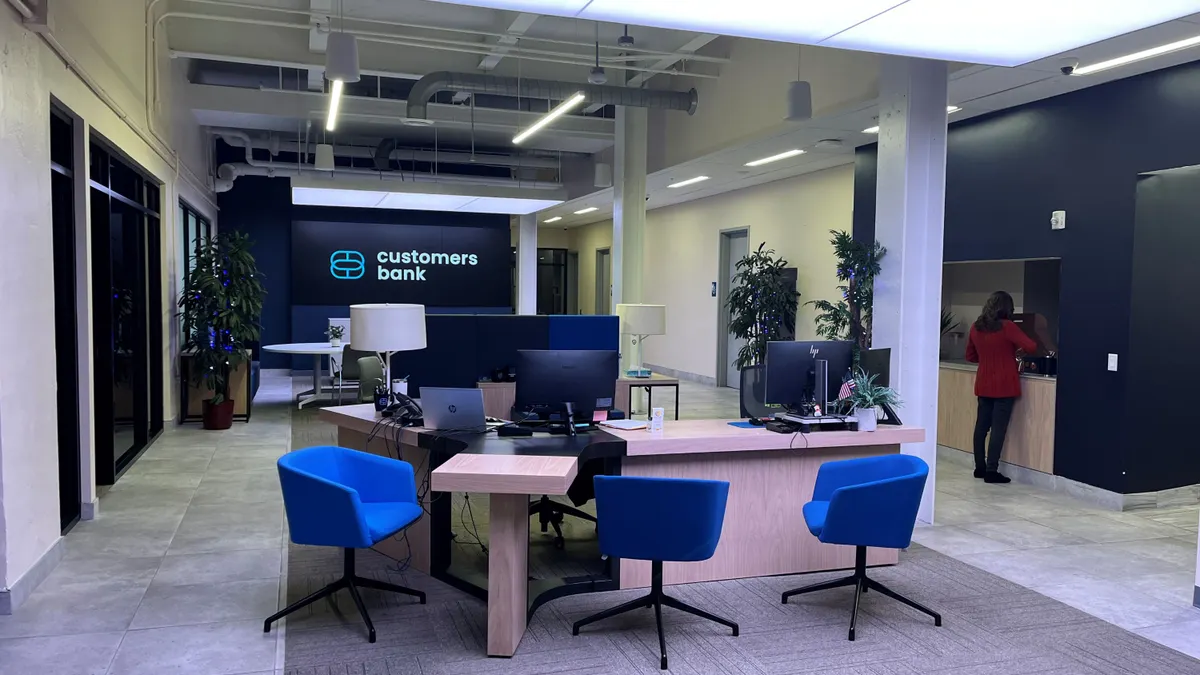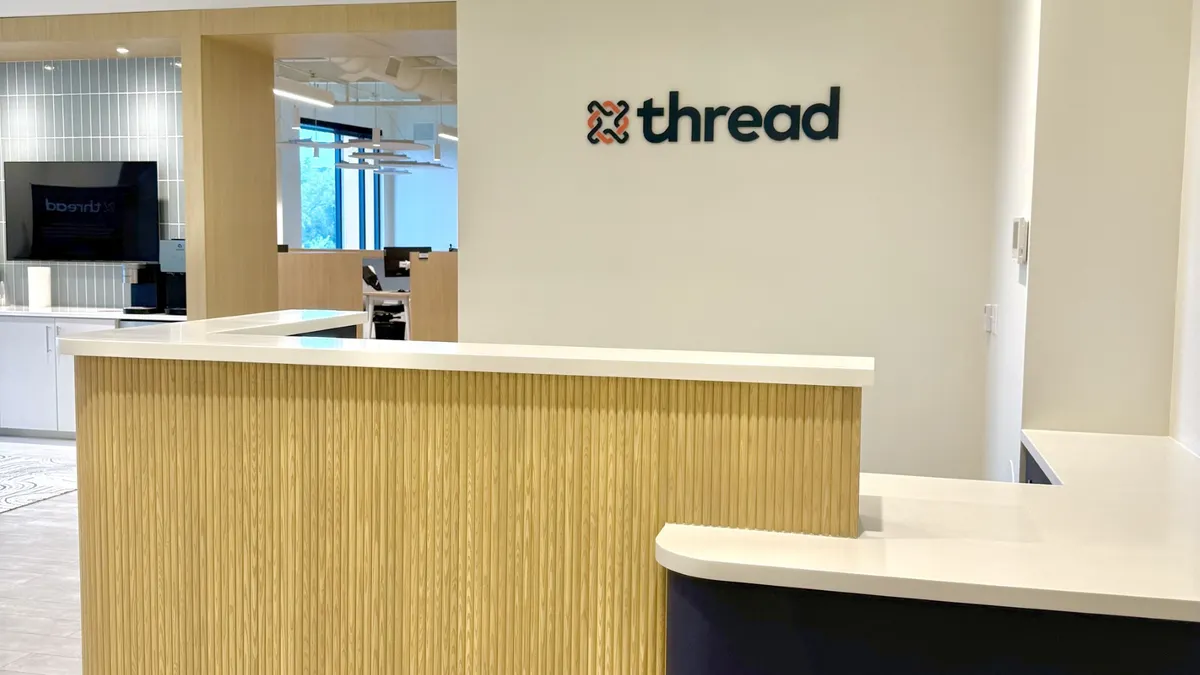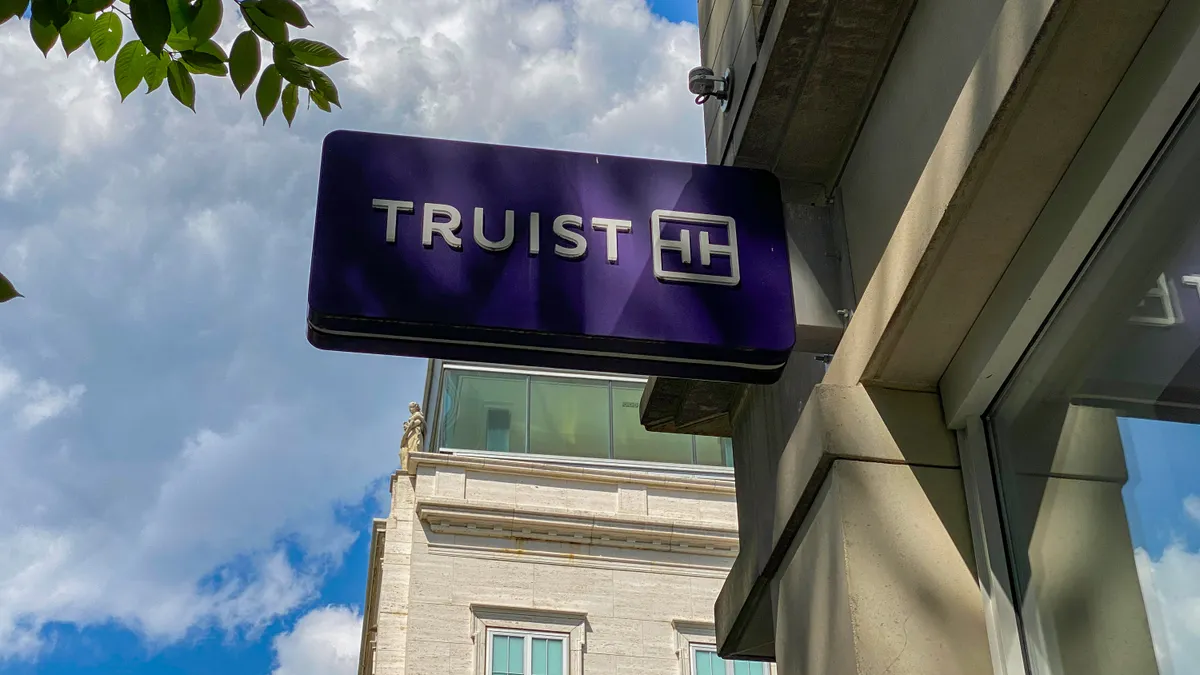This week, Citi has pledged to buy up to $50 million in Paycheck Protection Program (PPP) loans from nonwhite-owned depository institutions. It has been searching for office space outside New York City to decentralize its employee base in hopes of curbing coronavirus spread post-crisis. And it created a new business unit dedicated to environmental sustainability. Maybe the bank should take a day off.
The plight of nonwhite-owned companies came into focus Monday when a Global Strategy Group survey found 12% of black and Latino small-business owners who applied for PPP loans reported receiving what they asked for, while 26% said they got a fraction of the amount they requested.
Citi isn't the first financial institution to throw its resources behind an effort to better serve those demographics, but it may be a first for a Wall Street bank in connection with PPP loans. EquiTrust Life Insurance, which is majority-owned by Magic Johnson Enterprises, said this week it would provide $100 million to fund roughly 5,000 PPP loans approved by the Small Business Administration (SBA) and shepherded through the process by nonbank lender MBE Capital Partners. About 80% of those loans are for nonwhite-owned businesses.
"Our country needs banks of all sizes to serve businesses of all sizes and from all communities," Citi CEO Michael Corbat said Wednesday in a press release. "Citi actively partners with minority-owned banks to support their vital efforts to serve their diverse client base, and we applaud the work they did to ensure that the benefits of the PPP program reached minority-owned businesses."
Originating banks will service the loans and can retain the fee income paid by the SBA, Citi said in the press release.
"By moving these loans off our balance sheet, we are able to redeploy capital into further assisting our customers and supporting our local economy," Laurie Vignaud, CEO of Unity National Bank in Houston, said in Wednesday's release. Unity is Texas's only black-owned bank.
Citi worked with the National Bankers Association, a trade group representing 22 minority banks, to develop the loan-purchase program. The bank is donating the fee income it earns from this effort to the Citi Foundation.
Meanwhile, Citi is considering short-term leases for furnished space in Long Island, New Jersey and Westchester County, New York, in preparation for employees' return to the office, sources told Bloomberg.
Dispersing workers throughout several locations may give big banks a better chance to slow a revival of the coronavirus than, say, cramming thousands of employees into Manhattan offices while pushing them to take mass transit.
Citi declined to comment to Bloomberg about its plans, but again, the nation's third-largest bank isn't the only Wall Street titan in that frame of mind. Morgan Stanley CEO James Gorman told Bloomberg last month he sees a future in which the bank occupies "much less real estate."
"We’ve proven we can operate with no footprint," said Gorman, who added Thursday he expects to see only half the bank's employees return to the office this year.
Likewise, JPMorgan Chase expects to keep its offices at a maximum of half-full for the "foreseeable future," the bank said in an internal memo seen by Bloomberg and distributed Wednesday to employees in Europe, the Middle East and Africa. Some employees will be sitting at different desks and, in some cases, on different floors than before, the memo said. The return to work is expected to happen "in waves," according to the memo, with not everyone coming back at the same time or even to the same location as before.
Elsewhere, Citi is looking to capitalize on the movement to make its investments greener. The bank has long held a progressive stance toward environmentally responsible lending. It set a goal in 2017 to invest $100 billion toward environmental finance by 2025. And last July, it became the first major U.S. bank to endorse the United Nations' Principles for Responsible Banking. More recently, it pledged to stop providing financial services to thermal coal-mining companies by 2030.
"The current Covid crisis will elevate the importance of [environmental, social and governance goals] to our clients, as they increasingly focus on more sustainable and resilient strategies and on recovery plans that help drive the just transition to a net-zero emissions future," Tyler Dickson and Manolo Falcó, global heads of Citi's Banking, Capital Markets and Advisory, said in a memo Tuesday seen by Reuters.
"The sustainability revolution is accelerating, and our corporate clients are facing new challenges, risks and opportunities," Dickson said in a statement.
The nation's third-largest bank seems hard at work on a number of fronts. Perhaps it shouldn't be such a surprise that Corbat told employees in a memo this week they can take Friday off as a reward.
"Please take the day to relax and enjoy time with your families, and above all, please keep in mind that as important as it is to take care of our clients, we need to take care of ourselves," Corbat said, according to Bloomberg.
Employees who need to work Friday, or for whom the day is already part of the standard weekend, can arrange another day to take off in the coming week, Corbat said.
Correction: The story's subtitle incorrectly stated the amount of PPP loans Citi purchased.




















